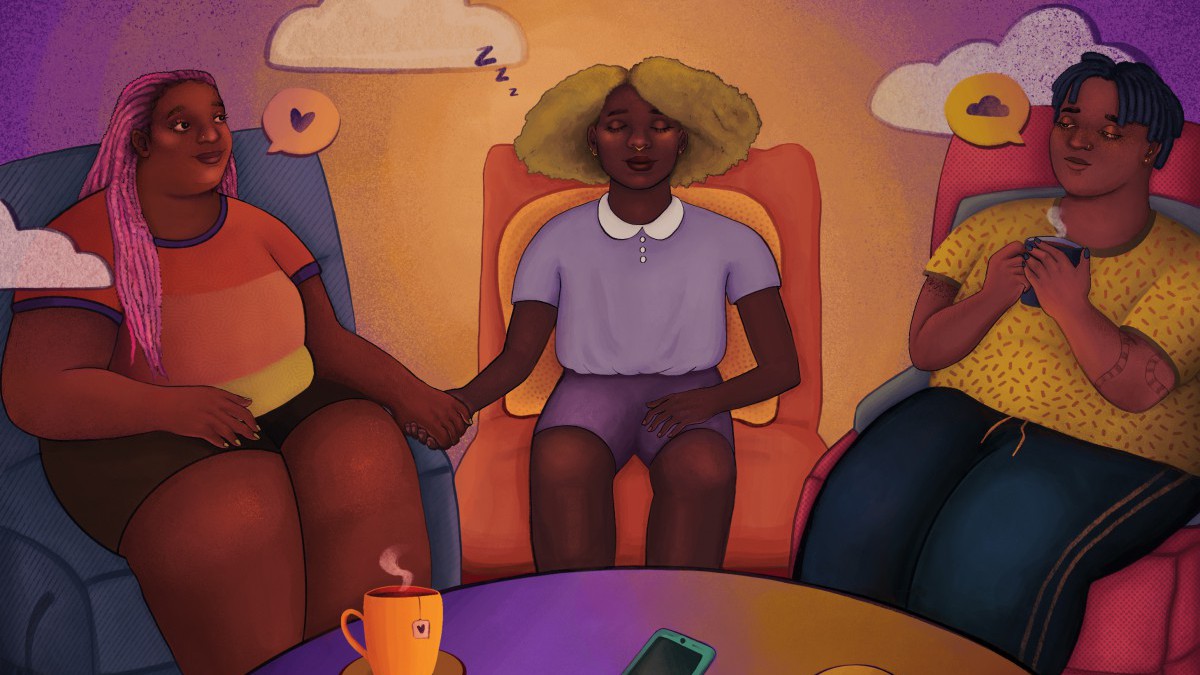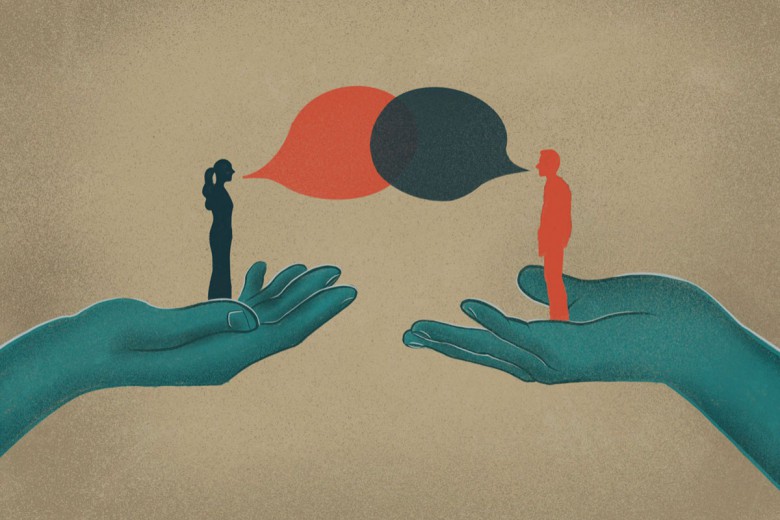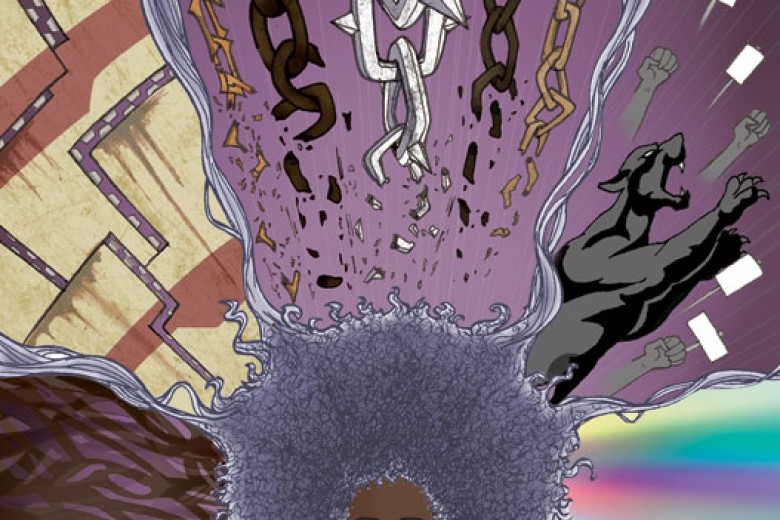When I worked as a peer sex educator for Planned Parenthood, a large part of my job was facilitating consent-based sex education workshops. Our primary focus was learning about consent and developing healthy communication skills. When it came to the chapter on sexual violence, I taught students the same story I was taught: there’s a victim and perpetrator and the perpetrator should be criminalized for their actions. At the time, I didn’t know that there was anyone except for the police to call in the face of harm. Now, reflecting back on my time at Planned Parenthood, I see sex education classes as critical spaces for youth to learn not only about sex and consent, but also how to keep one another safe and address harm without policing and prisons.
The carceral feminist version of sex education I was instructed to teach offers a limited script of what sexual harm looks like, who causes sexual harm, and how survivors should react to harm. It also treats sexual violence as an individual problem rather than a systemic one, preventing us from addressing the root causes of sexual violence and subjecting community members to police violence and incarceration.
If we’re serious about addressing sexual harm and providing comprehensive consent-based sex education, we need to teach students about alternatives to the police and equip them with tools to deal with harm when it happens in their communities. In the book Lessons in Liberation: An Abolitionist Toolkit for Educators, the Chicago Women’s Health Center, a feminist health collective founded in 1975, explains that in sex education class, students can learn to challenge “the cultural values that allow us to even consider incarceration as a solution to violence and harm.” They add that these classes are “spaces where it is possible to acknowledge and challenge the power dynamics in our relationships and institutions.”
“Once you teach marginalized people that they have autonomy over their bodies, they begin to realize that they deserve power everywhere else, too. Consent, both personal and political, is one of the most powerful tools we have at our disposal.”
It’s not a coincidence that we’re not taught about consent in most schools: consent is the antithesis of capitalism and colonialism. The state strips people of their autonomy, forcing us to work to survive, depriving us of necessities like health care and housing, and forcing family structures onto us. Consent is a powerful tool to retaliate against the state’s violence. As sex education activist Rayne Fisher-Quann writes, “Once you teach marginalized people that they have autonomy over their bodies, they begin to realize that they deserve power everywhere else, too. Consent, both personal and political, is one of the most powerful tools we have at our disposal – and when the right to consent is withheld, it becomes a weapon to strike down resistance and change.”
Sex education class can be a radicalizing space for youth. It can be a place where they learn how to support each other when violence occurs and build communities that tackle the root causes of sexual violence like sexism, homophobia, transphobia, racism, ableism, and whorephobia. Such classes can also teach youth that the carceral system won’t provide retribution or healing for survivors, only cause more violence, as well as help youth develop the emotional capacity to understand the importance of consent and the impacts of their actions.
If sex education is to centre survivors, then these spaces need to prioritize violence prevention, community accountability, and support for survivors so that everyone has access to alternatives to the police.
There are many amazing organizers already doing this work. Schools on Fire, a campaign led by the Power U Center for Social Change, is campaigning for comprehensive consent-based sex education in Miami-Dade public schools. In Philadelphia, the Freedom Side School is creating a free abolitionist elementary school for children impacted by incarceration so they can become “architects of a world where community accountability is well-resourced, healing is centered, and prisons are obsolete.” After years of working with survivors, Mimi Kim founded Creative Interventions as an alternative to the police for cases of intimate partner violence. In 2012, the organization published a guide with tools on staying safe, mapping allies and barriers, supporting survivors, and taking accountability, so as to provide everyday people with resources to end interpersonal violence in their communities.
For many teenagers, sex education class is the first time they learn about sex, consent, and the consequences of violating someone’s consent. If sex education is to centre survivors, then these spaces need to prioritize violence prevention, community accountability, and support for survivors so that everyone has access to alternatives to the police.






